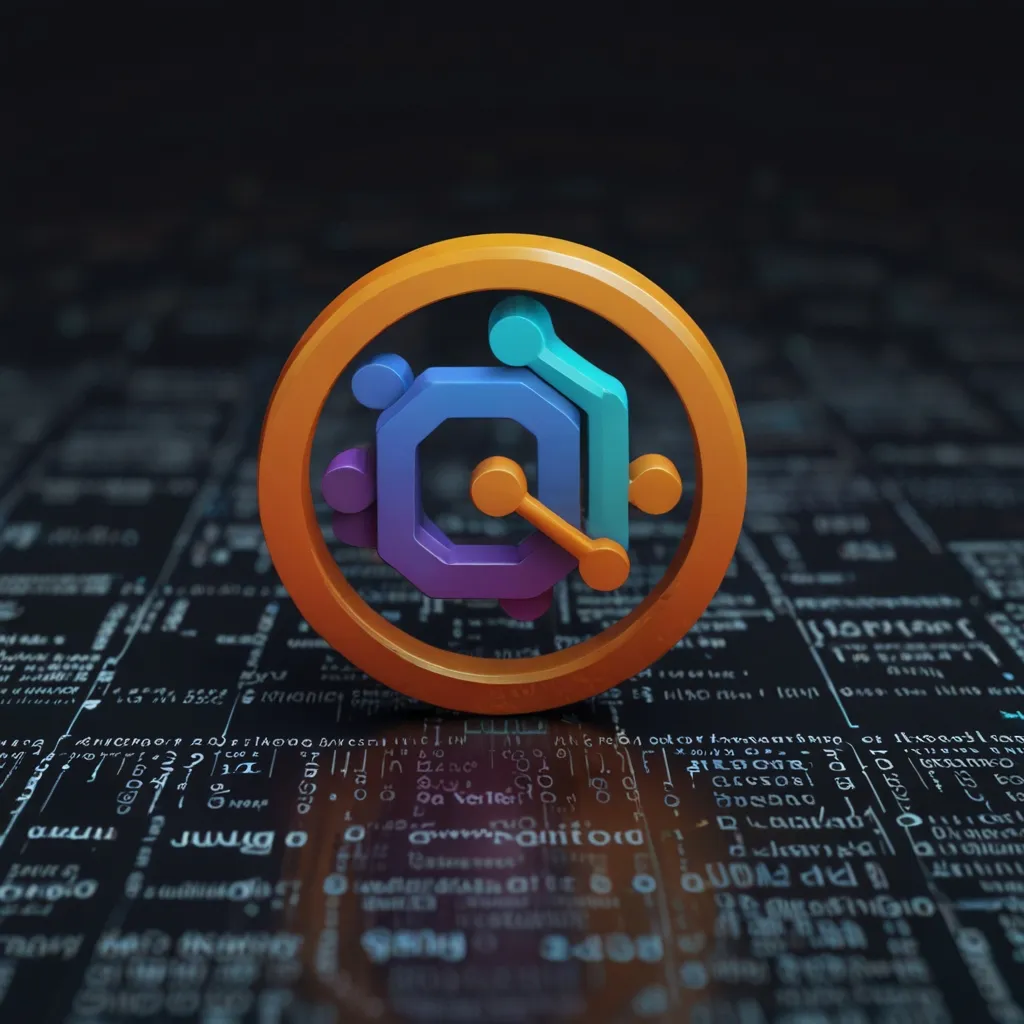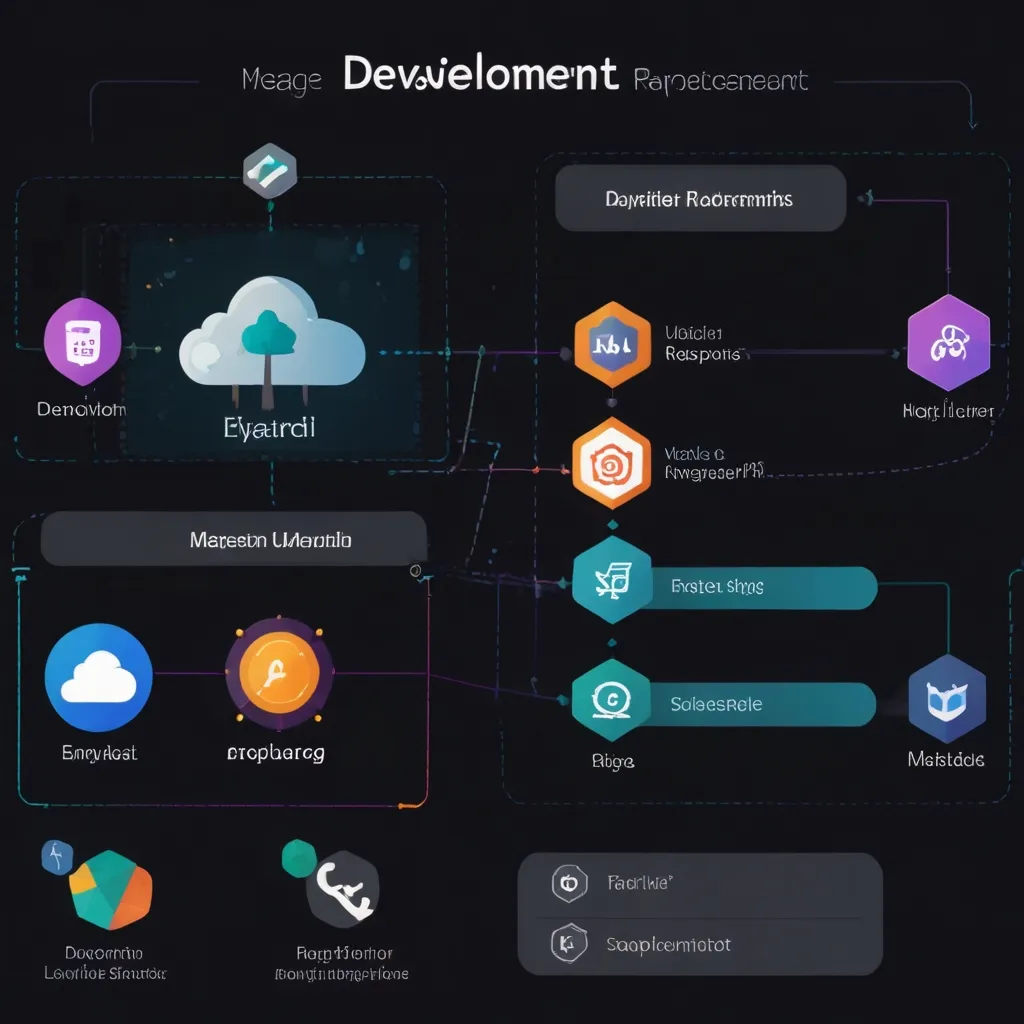Unpacking Electron: Simplifying Desktop App Development
Ever wondered how developers manage to build sleek desktop applications that work seamlessly across different operating systems? Meet Electron—a game-changing framework that’s making this possible using the tech language web developers already know and love. Think JavaScript, HTML, and CSS. Yup, the same trio you’d use to build a killer website can now power your next desktop app. Crazy, right? Let’s see how this all works.
How It All Began
Here’s a little backstory for you. Electron was birthed back in 2013, thanks to Cheng Zhao, who was an engineer over at GitHub. The initial aim? Crafting the perfect environment for the Atom text editor. It started off humbly as Atom-Shell but, like any success story, it soon gained traction and was reborn as Electron. GitHub may have decided to sunset Atom, but Electron? It’s alive and kicking, with around 9.57% of developers still counting on it to create their marvelous desktop applications.
The Power Duo: Chromium and Node.js
So what’s the secret sauce making Electron so darn effective? It cleverly integrates Chromium and Node.js into one mighty runtime environment. Chromium does its thing as the front-end powerhouse—the same engine behind Google Chrome, rendering your HTML, CSS, and JavaScript like a champ. Complementing this, Node.js steps in for back-end muscle. This dynamic duo makes it a breeze to build feature-rich, reliable desktop applications.
The Magic Behind the Curtain
Think of building with Electron as making a desktop app that’s essentially a supercharged web browser. A browser instance, run by Chromium, displays the front-end magic while the integrated Node.js allows you to dip into system resources. This means your application isn’t just a fancy webpage—it’s capable of doing things regular web browsers can only dream about.
Benefits Galore: Cross-Platform Capabilities and Familiar Tech
One of the killer features of Electron? Its cross-platform nirvana. Write your code once and voilà, your app can run on Windows, macOS, and Linux without you breaking a sweat. This saves you heaps of time and effort, and you’re not bogged down by the nightmare of managing different codebases for each operating system. It’s like giving your development process an efficiency booster shot.
Now, if you’ve already got a handle on JavaScript, HTML, and CSS, congratulations—you’re halfway there. The learning curve for jumping into Electron is more like a gentle slope than a cliff. Web developers find it super easy to get started without diving into the deep end of native operating system APIs.
Real-World Examples: Electron in Action
Electron isn’t just theory; it’s out there in the wild powering some of your favorite applications. WordPress and Ghost, two stellar content management systems, employ Electron for their desktop apps. This means content creators can draft their masterpieces without distraction, boosting productivity.
Take Slack, the business messaging staple—its macOS desktop app runs on Electron. The experience is smoother, more focused, and packs better performance compared to sticking with the browser version. And let’s not forget WhatsApp; its desktop version is yet another feather in Electron’s cap. With Electron, Meta has whipped up a feature-rich desktop experience that goes beyond what a simple web wrapper could offer.
Getting Technical: A Peek Under the Hood
Ready to dive in? Setting up your first Electron project is surprisingly straightforward. Keep it minimalistic: you’ll need a package.json for metadata, a main.js as your entry point, and an index.html for your GUI. Here’s a little teaser of what your code might look like to set up a basic Electron window:
const { app, BrowserWindow } = require('electron');
let win;
function createWindow() {
win = new BrowserWindow({
width: 800,
height: 600,
webPreferences: {
preload: path.join(__dirname, 'preload.js')
}
});
win.loadFile('index.html');
win.on('closed', () => {
win = null;
});
}
app.on('ready', createWindow);
app.on('window-all-closed', () => {
if (process.platform !== 'darwin') {
app.quit();
}
});
app.on('activate', () => {
if (win === null) {
createWindow();
}
});
This snippet sets you up with a basic window, loads your HTML file, and handles some essential events like window closure and activation. Hey, not too shabby for a starting point!
Caveats: Resource Usage and Performance
Let’s keep it real, though. Electron isn’t all rainbows and butterflies. One common knock against it is resource usage. Bundling an entire Chromium and Node.js runtime into your app? That can lead to some beefy memory and CPU demands. Keep an eye on performance, especially if you’re working on resource-constrained devices.
File size can also be a bit of a hefty dealbreaker for some users. Packing those runtimes means larger app files, which can equate to longer download and installation times. It’s all about weighing these drawbacks against the benefits.
Best Practices: Keep It Smooth and Bug-Free
Want to make sure your Electron app runs like a finely-tuned machine? Stick with stable versions of Electron and adopt best practices. Grab tools like Electron Forge; this toolkit helps you manage dependencies, bundle your code, and whip up platform-specific installers without pulling your hair out.
Community Power and Support
No one’s an island, especially when it comes to coding. Electron’s community is vibrant and ever-ready to help. From official docs to community-driven forums and a buzzing Discord server, there are resources galore to keep you on track and updated with the latest news and developments.
Alternatives: Exploring Other Paths
While Electron is a rockstar, there are other frameworks in the band. Check out NW.js, Flutter Desktop, Qt, Nativefier, and Proton Native as viable alternatives. The choice boils down to what your project needs and what you’re most comfortable with.
Wrapping It All Up
To sum it up, Electron has truly democratized desktop application development. It lets web developers venture into desktop territory without needing to bag a whole new set of skills. The ease of use, cross-platform compatibility, and a supportive community are all major wins. Just keep an eye on the resource requirements and stick to best practices.
Electron is a remarkable tool that makes building desktop applications accessible and efficient, offering a wonderful gateway for web developers looking to expand their horizons. Whether you’re working on a simple utility or a complex app, Electron has the chops to turn your vision into reality.






